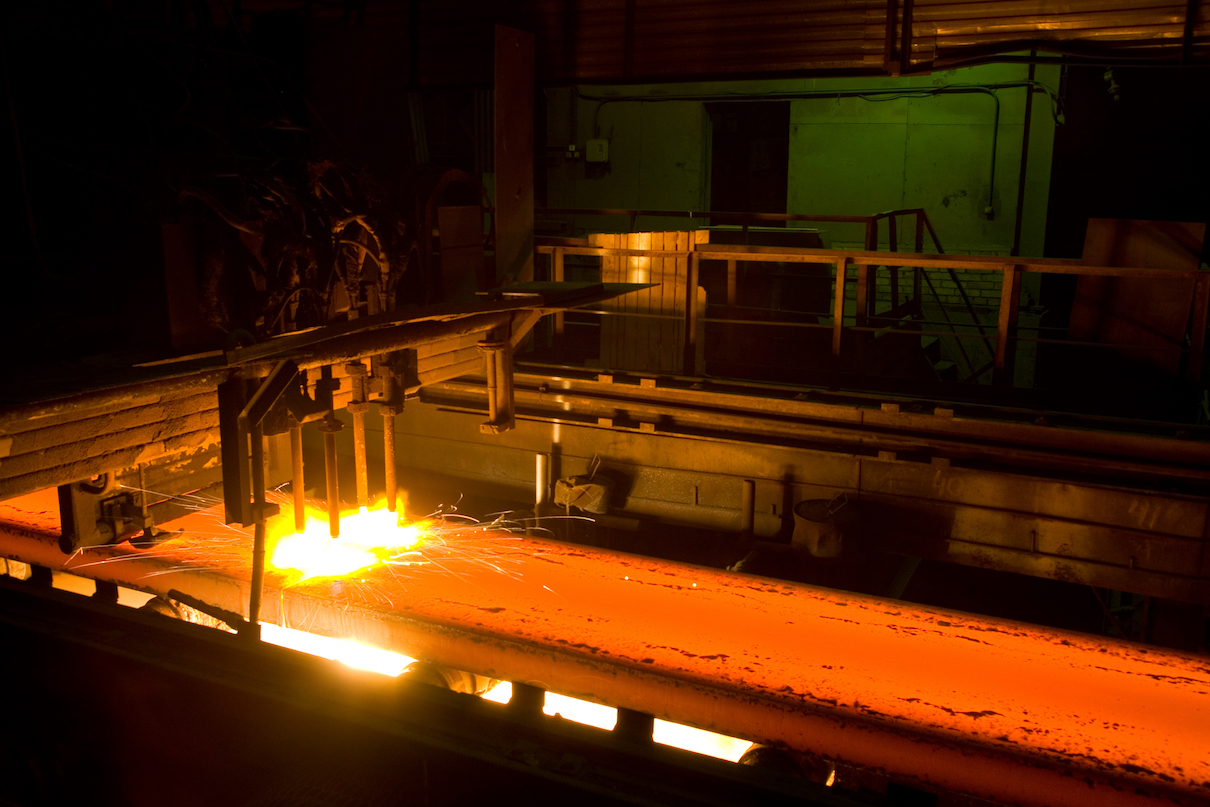Russian companies’ demand for renewable power will help the country’s wind sector, according to industry groups and electricity buyers.
A recent decision by the European Commision to increase taxes on all imported products with a high carbon footprint will also drive growth. Russian businesses targeting Europe as an export market are seeking to lower their carbon footprint with wind, according to industry groups.
So far, hydroelectric power plants have been the main source of renewable energy for the Russian metal sector. However, Russian mining and metals companies are looking at wind for their decarbonisation needs.
Igor Bryzgunov, head of the Russian Association of “uåX˜äŠÊ˜·³Ç (RAWI), told “uåX˜äŠÊ˜·³Ç: “Russian big business is already showing a keen interest in the possibility of not only building their own wind energy generation facilities, but also in purchasing such energy on the wholesale and retail markets.
“Many export-oriented enterprises in the metals and processing industries have either already entered into long-term agreements on the purchase of energy from wind farms and solar power plants operating on confidential disclosure agreements (CDAs), or are negotiating the prospective conclusion of free bilateral contracts for such energy.”
This demand will encourage wind developers to build projects in Russia, Bryzgunov added.
Polymetal – one of Russia’s largest gold producers – already sources wind power, albeit on a small-scale, from a 100kW wind turbine in Khabarovsk, south-east Russia.
Elsewhere, another major Russian smelter, MMK, signed a memorandum of understanding with Fortum – which has built a sizable wind pipeline in Russia through successful auction bids – to use wind power.
The companies are currently evaluating the technical and economic feasibility of building wind power plants near Khabarovsk, where MMK’s main production site is located.
They plan to make a decision on whether a wind farm there will be technically feasible and economically viable early this year, an MMK spokesman told “uåX˜äŠÊ˜·³Ç.
The partners have not confirmed what capacity the project might be.
Russian metals major Metalloinvest has also expressed an interest in sourcing wind power, but has not given any indication of how much wind power it intends to buy, which companies it intends to buy from, and how much of its own electricity usage it plans to meet with wind.




.png)
HR.jpeg)
.png)








